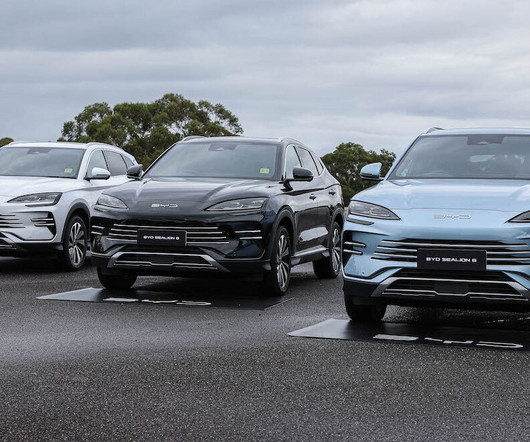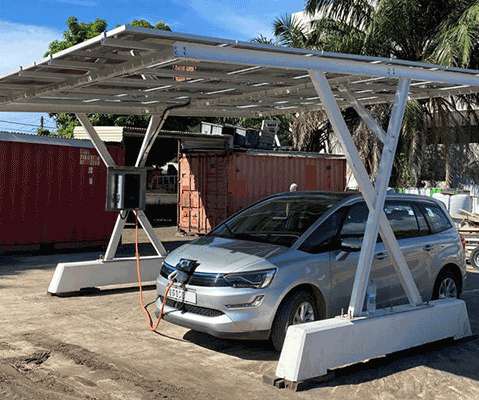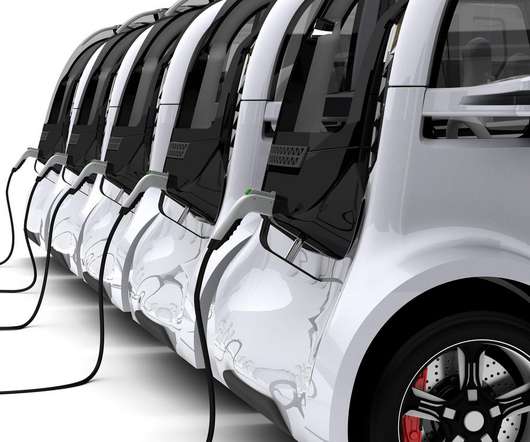Georgia Tech researchers develop aluminum-foil-based anodes for all-solid-state Li-ion batteries
Green Car Congress
JULY 21, 2023
Woodruff School of Mechanical Engineering and the School of Materials Science and Engineering, is using an aluminum-foil-based anode in a solid-state Li-ion battery to create batteries with higher energy density and greater stability. The new battery system is detailed in an open-access paper in Nature Communications.



































Let's personalize your content